My phased return to work is now complete and in the interests of not returning to business as usual, and after many months of dithering, I decided to throw a hand grenade into my job prospects and submit a grievance against my boss’s boss. This woman, who shall be affectionately dubbed Alcatraz, has, I believe, at every turn stifled my every attempt to innovate, expand and enlarge my role.
To my mind, Alcatraz represents a living embodiment of the public sector’s (who I work for) inability to compute, fathom or accommodate any idea that falls outside of its strict remit, pay grade or spinal point structure without some sort of internal malfunction. In short, she’s made my life a misery, something I wrote about here.
My grievance was picked up quickly by our beloved HR and a Zoom was scheduled between myself and Alcatraz’s boss, a zippy sprite of a woman who was appointed to referee our beef. Our meeting was constructive, I thought and I seized the opportunity to describe quite how I’d like to my job to evolve; after years of teaching in the largely Somali/Sudanese inner-city community, I felt I had, at length won their trust, something as a middle-aged white man, I think of as an unbelievable privilege, and a matter of quiet personal joy.
When Habiba felt her son was being neglected at school (he broke his arm at playtime) and treated poorly by his teacher (she made this 9 year old boy tie her shoelaces after a swimming lesson), she came to me to draft the letter of complaint to the head teacher. When Monira’s daughter’s school decided not hold an Eid celebration but to mash it up with some other event, together we put together a proposal of how we wanted these festivals to be honoured.
I wrote letters and recommendations and character references. There were private disclosures, too. Of domestic violence, racist abuse and hate crimes. And when after years of illness, Hamdi’s 11-year old son died, and I turned up at her house with my sorry box of chocolates, I had the privilege of being welcomed into their home, served tea and biscuits whilst listening to Hamdi speak with such forlorn eloquence about losing her boy, her remaining children zipping around me on roller-skates and calling me ‘Uncle’ and Mr James.
A week before he died, Hamdi told me, she prayed a new prayer. After years of witnessing his unbearable pain and suffering, for the first time Hamdi asked Allah that free him of his suffering. Whatever way He saw fit to do this, Hamdi said, she would be at peace with.
A week later, her son was brought back from Great Ormond Street hospital and died at home in his bedroom. And, unbelievably, Hamdi was at peace.
There was more than one of us holding back tears that afternoon.
Don’t we want more people like this is positions of power and influence? Wise, humble, loving?
These woman (and they’re all women apart from Mohamed, a dashing Somali man dragged to my classes by his wife, Nasteho) are brilliant; strong, determined, resourceful and resilient. But with all the overt and covert barriers to entry into our key institutions, not to mention the spectre of systemic racism, their brilliance never gets to see the light of day. Ergo, no role models for their own children.
And as a community, that’s our loss.
So, in our Zoom meeting, I explained to Alcatraz’s boss – I’ll call her 7UP on account of her bright and effervescent nature, how much I’d love to leverage my privileged place in these communities to dig deeper to find out exactly what barriers explained why these women, despite having achieved the highest qualifications we offered, remained in low-paid and low-skilled menial roles like care workers, cleaners and dinner ladies. In the wake of the Black Lives Matter movement and George Floyd’s murder, surely there was funding available to work to dismantle all the obstacles these communities were facing. I wanted to be a white ally; part of the solution, not an ongoing part of the problem.
This was my passion.
It’s not enough, I thought to myself, just to bung a Black Lives Matter footer in the council’s email signature as was now the fashion. Even if it was white text on a black background.

My proposal was received with some enthusiasm and support and for the first time in months, I saw a glimmer of hope; that I could make things happen, I could exercise my agency My depression and anxiety receded and I felt empowered.
And that enthusiasm continued.
Until, a week later, when I received 7UP’s follow-up email, that is.
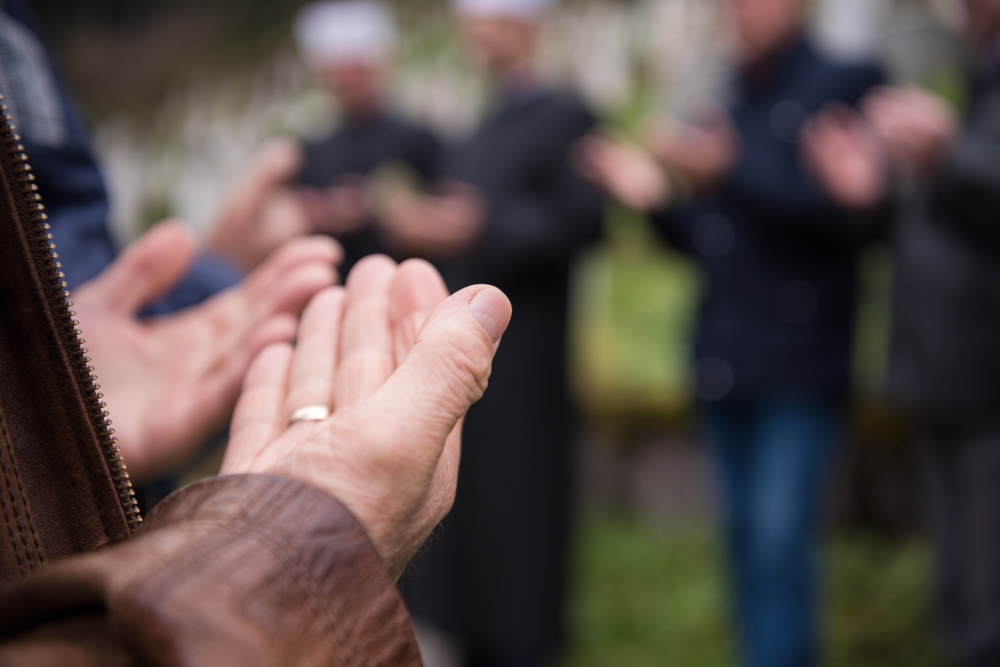
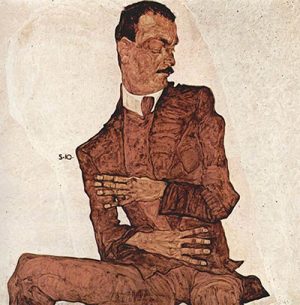
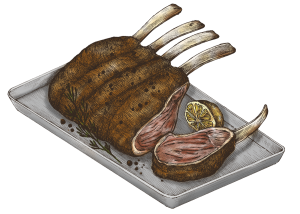
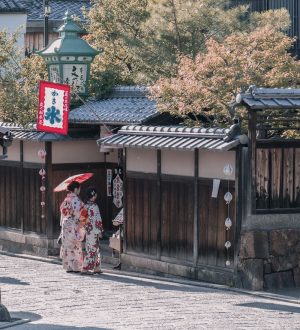


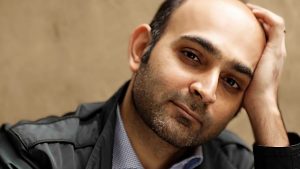

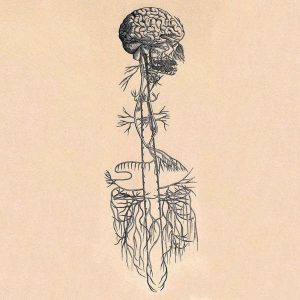
0 Replies to “You Are Enough (1/2)”